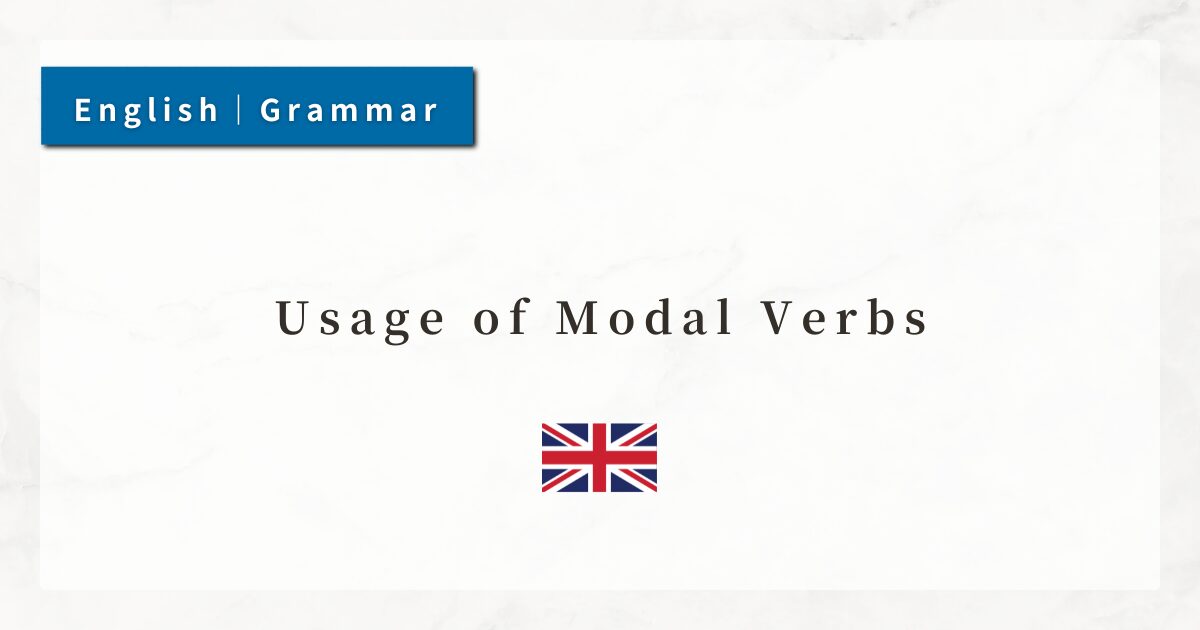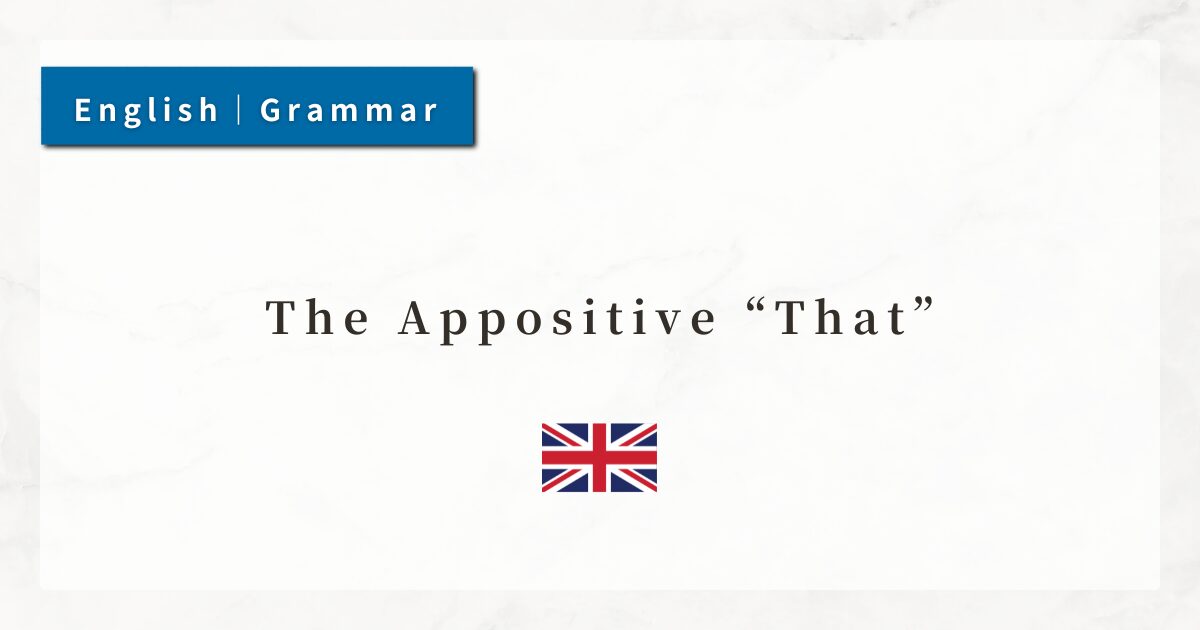#25 Usage of Modal Verbs|Explanation of can / must / should / may

In English, there are special words called modal verbs, which are used to express the speaker’s intention, possibility, obligation, or advice. Modal verbs are placed before the main verb to supplement its meaning, and they do not change form depending on the subject or tense.
Although their structure is simple, modal verbs are an essential element in expressing nuance in both conversation and writing.
Here, I will focus on the representative modal verbs — can, must, should, may — and explain their usage, meanings, and important grammatical points.
1. Grammatical Rules of Modal Verbs
A modal verb is placed before the main verb to supplement its meaning. By using modal verbs, I can add nuances such as ability, obligation, probability, or advice.
Modal verbs generally follow these rules:
- A bare infinitive (the base form of the verb) must follow a modal verb.
- The modal verb does not change form depending on the subject.
- In negative sentences, not is placed directly after the modal verb.
- In questions, the modal verb is placed at the beginning of the sentence.
2. can:Ability, Possibility, Permission
can is one of the most frequently used modal verbs. It is mainly used to express ability, possibility, or permission.
2-1. Expressing Ability
- I can speak English.
Here, “can” means “having the ability” to do something.
2-2. Asking for Permission
- Can I use your phone?
In this case, can is used to ask for permission in a casual way. If I want to be more polite, I should use may or could instead.
3. must:Obligation, Necessity, Prohibition
must is a modal verb that expresses obligation or necessity. It is used when the speaker gives strong instructions, commands, or warnings.
3-1. Obligation / Necessity
- You must wear a seatbelt.
- I must finish this report by tomorrow.
Here, must expresses strong necessity or social obligations such as rules at school, work, or in traffic.
3-2. Prohibition (must not)
- You must not touch this button.
The negative form must not expresses strict prohibition.
4. should:Advice, Recommendation
should does not usually indicate strict obligation. Instead, it carries the nuance of advice, recommendation, or mild instruction.
It is suitable when I want to suggest an action without forcing it.
4-1. Giving Advice / Suggestions
- You should eat more vegetables.
- You should see a doctor.
This is a polite way to offer advice or recommendation.
5. may:Possibility, Polite Permission
may is used when the speaker wants to show possibility or ask for polite permission.
5-1. Expressing Possibility
- It may rain tomorrow.
- She may be busy now.
Here, may expresses a possibility that is uncertain, roughly around 50%. It carries the nuance of “perhaps.”
5-2. Asking for Polite Permission
- May I use the restroom?
The question form “May I ~?” is more formal and polite than “Can I ~?.”
In business situations especially, using may creates a polite and respectful impression.
6. Summary
- Modal verbs are placed before the main verb and add nuance to its meaning.
- A modal verb is always followed by the base form of the verb.
- can: Ability / Possibility → “can do,” “may do”
- must: Obligation / Necessity → “must do”
- should: Advice / Suggestion → “should do,” “had better”
- may: Possibility / Polite Permission → “may happen,” “may I…?”






